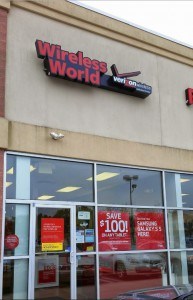 Mobilicity, a struggling independent wireless carrier serving some of Canada’s largest cities, will end its efforts to compete with larger wireless companies if a court approves its sale to Rogers Communications, Canada’s largest mobile operator.
Mobilicity, a struggling independent wireless carrier serving some of Canada’s largest cities, will end its efforts to compete with larger wireless companies if a court approves its sale to Rogers Communications, Canada’s largest mobile operator.
Late this afternoon, sources told The Globe and Mail Mobilicity accepted an offer from Rogers in excess of $400 million to acquire the wireless company’s assets and transfer some of its wireless spectrum to Wind Mobile Corp., one of the last remaining Canadian independent carriers, to appease regulators, who could still block a deal with Rogers.
The federal government’s wireless telecom policy has stressed the importance of having at least four wireless providers competing in every region. Wind has managed to achieve that in Ontario, B.C. and Alberta, but lacks enough coverage elsewhere. Mobilicity landed itself in financial trouble soon after launch, finding the costs of network construction high for a company with below-expected customer numbers.
 Mobilicity has been under creditor protection since September 2013 and has only managed to keep 157,000 active customers on its discount cellular network. Rogers is said to be interested in Mobilicity primarily as part of a tax write-off strategy. Mobilicity had non-capital loss carry forwards of $567-million by the end of 2013, which offers Rogers a reduction in its tax bill of about 25 to 30% of that amount.
Mobilicity has been under creditor protection since September 2013 and has only managed to keep 157,000 active customers on its discount cellular network. Rogers is said to be interested in Mobilicity primarily as part of a tax write-off strategy. Mobilicity had non-capital loss carry forwards of $567-million by the end of 2013, which offers Rogers a reduction in its tax bill of about 25 to 30% of that amount.
Observers predict Mobilicity could continue for a time, if in name only, as part of Rogers’ larger portfolio of wireless brands. Rogers already controls two other Canadian wireless brands: Fido and Chatr.
As late as yesterday, Rogers and Telus were both fighting to acquire Mobilicity after it became clear there would be no “white knight” for Mobilicity that would satisfy competition regulators or creditors. Telus attempted an acquisition twice, only to be rebuffed by the Competition Bureau. A last-ditch effort by Wind Mobile to acquire its comparatively sized competitor was a flop with creditors who expected a higher bid.
Mobilicity’s network coverage was always one of its biggest challenges. The company only managed to offer direct coverage in parts of the Greater Toronto Area, Ottawa/Gatineau, Calgary, Edmonton, and Greater Vancouver. Mobilicity’s network also relied on very high frequencies that had a challenging time penetrating buildings, and its lack of network densification led to complaints about dropped calls and poor coverage overall.
The disposition of an earlier plan submitted by employees and Mobilicity’s founder to transform the company into an MVNO — providing independent wireless service using its acquirer’s network, isn’t known at press time.
[flv]http://www.phillipdampier.com/video/BNN Clock ticking on Rogers and Telus to conclude Mobilicity takeover 6-22-15.flv[/flv]
As late as yesterday, BNN was reporting Telus and Rogers were both competing to acquire Mobilicity. It appears Rogers has won. (2:23)


 Subscribe
Subscribe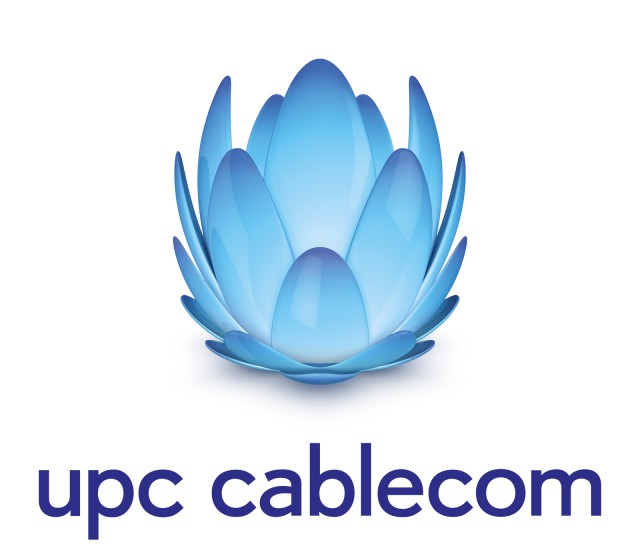 John Malone’s cable systems in Europe share little in common with what Americans get from their local cable company. In Switzerland, Liberty-owned UPC Cablecom charges $95 a month for 250/15Mbps service — a speed Charter Communications customers cannot buy at any price. Liberty is Charter’s biggest investor/partner. Later this month, Swiss cable customers will be able to buy 500Mbps from UPC. When implemented, that is expected to push Switzerland’s broadband speed rankings into the global top-10. Currently Switzerland is rated #11. The United States is #28 and Canada is ranked #34.
John Malone’s cable systems in Europe share little in common with what Americans get from their local cable company. In Switzerland, Liberty-owned UPC Cablecom charges $95 a month for 250/15Mbps service — a speed Charter Communications customers cannot buy at any price. Liberty is Charter’s biggest investor/partner. Later this month, Swiss cable customers will be able to buy 500Mbps from UPC. When implemented, that is expected to push Switzerland’s broadband speed rankings into the global top-10. Currently Switzerland is rated #11. The United States is #28 and Canada is ranked #34.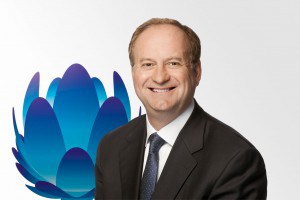
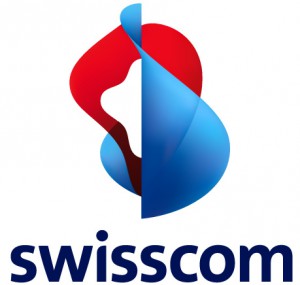 Some providers have promoted “cloud-based” on-demand access to video that Tveter says has been available from the cable company for several years.
Some providers have promoted “cloud-based” on-demand access to video that Tveter says has been available from the cable company for several years.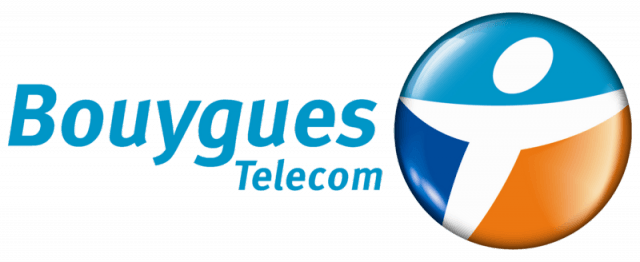 Today’s offer by Altice SA to spent $11 billion to acquire France’s Bouygues Telecom and combine it with Altice-owned Numericable-SFR to create France’s largest wireless operator
Today’s offer by Altice SA to spent $11 billion to acquire France’s Bouygues Telecom and combine it with Altice-owned Numericable-SFR to create France’s largest wireless operator 

 French lawmakers, particularly those aligned with France’s labor unions, accuse Drahi of acting like a bulimic debtor and feared his splurge would eventually lead to a banker-forced purge and government bailout if he cannot meet his debt obligations in the future.
French lawmakers, particularly those aligned with France’s labor unions, accuse Drahi of acting like a bulimic debtor and feared his splurge would eventually lead to a banker-forced purge and government bailout if he cannot meet his debt obligations in the future.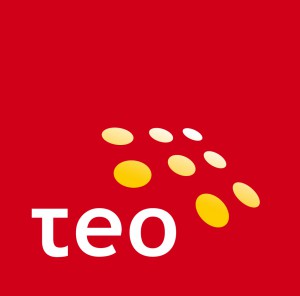 Customers of Lithuania’s Teo are getting a free speed upgrade — from 500Mbps before to 600Mbps now — on the company’s fiber to the home network. They are also paying less than half the price of what you pay for 15Mbps.
Customers of Lithuania’s Teo are getting a free speed upgrade — from 500Mbps before to 600Mbps now — on the company’s fiber to the home network. They are also paying less than half the price of what you pay for 15Mbps.